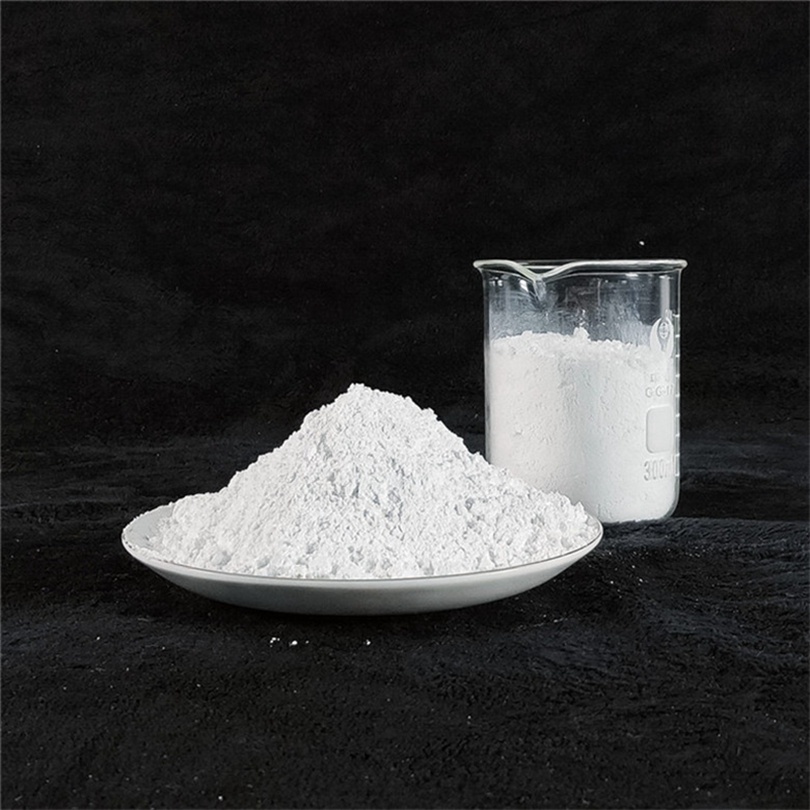Magnesium hydroxide (Mg(OH)₂) is generally considered one of the more environmentally friendly industrial chemicals, but its impact depends on usage, concentration, and disposal methods. Here’s a balanced analysis of Magnesium hydrate's environmental effects:
1. Environmental Benefits
Non-Toxicity
Safe for ecosystems: Magnesium hydroxide Unlike halogenated flame retardants or strong acids/alkalis (e.g., NaOH), Mg(OH)₂ is non-toxic to humans, animals, and aquatic life at typical usage levels.
Biodegradable: Magnesium hydroxide Breaks down into naturally occurring magnesium and water.
b) Pollution Control
Reduces harmful emissions: Magnesium hydroxide Used in flue gas desulfurization (FGD) to scrub SO₂ from industrial smokestacks, preventing acid rain.
Heavy metal removal: Magnesium hydroxide Precipitates toxic metals (e.g., lead, cadmium) from wastewater, reducing contamination risks.
Sustainable Alternative
Magnesium hydrate Replaces harsher chemicals like lime (Ca(OH)₂) or caustic soda (NaOH) in wastewater treatment, minimizing pH spikes and sludge volume.
2. Potential Environmental Concerns
Over-Application in Soil/Water
High pH alteration: Magnesium hydrate Excessive use in agriculture or wastewater can raise pH too much, harming aquatic life (e.g., fish, plankton) and soil microbes.
Magnesium buildup: In rare cases, over-application in soils may disrupt calcium-magnesium balance, affecting plant growth.
Mining and Production Impacts
Resource extraction: Magnesium hydrate is sourced from brucite or seawater (via magnesium chloride). Mining can cause habitat disruption if unregulated.
Energy use: Magnesium hydrate Production requires energy, though less than synthetic flame retardants.
Sludge Disposal (Wastewater Treatment)
Metal-laden sludge: When used to treat industrial wastewater, the precipitated sludge may contain trapped heavy metals, requiring careful disposal to avoid leaching.

3. Best Practices to Minimize Harm
Dose control: Magnesium hydrate Avoid overuse in water/soil treatment.
Sludge recycling: Magnesium hydrate Recover metals from industrial sludge where possible.
Sustainable sourcing: Use Magnesium hydrate derived from seawater (vs. mining) to reduce land impact.
4. Verdict: Is It Bad?
No, is not inherently bad for the environment—Magnesium hydrate’s one of the safest alkaline chemicals Mg(OH)₂ available. However, like any substance, improper use (e.g., dumping large quantities into water bodies) can cause localized harm. Its benefits in pollution control and fire safety far outweigh most risks when used responsibly.
Key Takeaway: Magnesium hydroxide is a green chemistry champion compared to alternatives, but requires mindful application.

